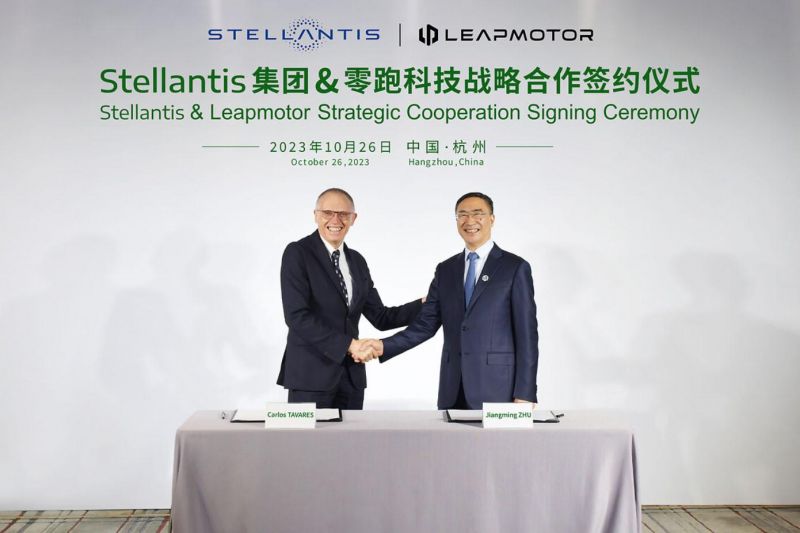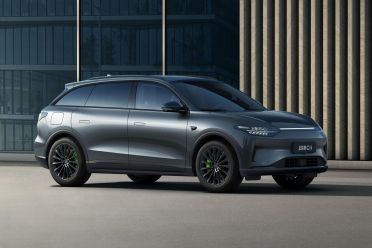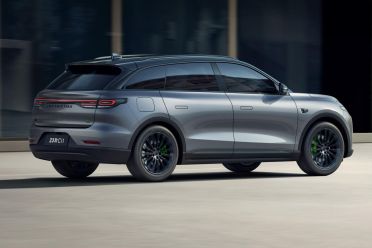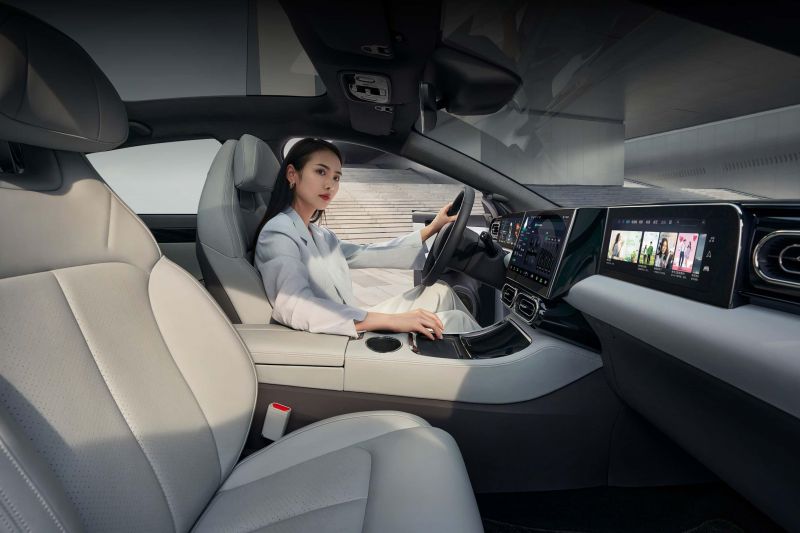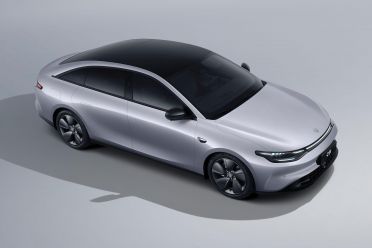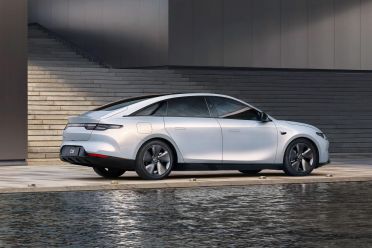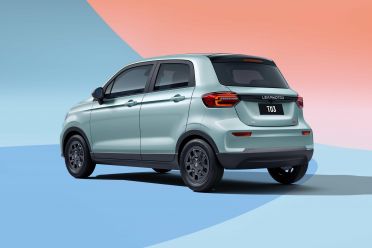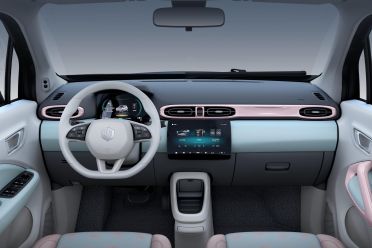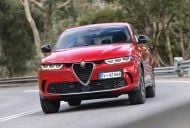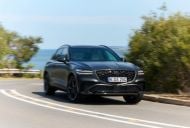In a stunning about-face, Stellantis, one of the most vocal critics of Chinese electric car makers and European trade policy, is buying into one, Leapmotor, and helping it export cars to Europe.
Words are just words
For a while now, Carlos Tavares, CEO of Stellantis, has railed against Chinese automakers flooding Europe with electric vehicles (EVs) that significantly undercut local rivals.
At this year’s Consumer Electronics Show in Las Vegas, Mr Tavares claimed, “Regulation in Europe ensures that electric cars built in Europe are about 40 per cent more expensive than comparable vehicles made in China.”
Speaking to Automotive News Europe, the Stellantis CEO said Europe had two choices: “keep the European market open” with automakers and the supply chain slowly moving manufacturing to cheaper locations, or having a more restrictive trade policy with China so that Europe could “re-industrialise”.
Now he’s singing the praises of the Chinese auto industry.
In a press statement today, Mr Tavares said: “As consolidation unfolds among the capable electric vehicles startups in China, it becomes increasingly apparent that a handful of efficient and agile new generation EV players, like Leapmotor, will come to dominate the mainstream segments in China.
“We feel it’s the perfect time to take a leading role in supporting the global expansion plans of Leapmotor, one of the most impressive new EV players who has a similar tech-first, entrepreneurial mindset to ours.”
The deal
At a signing ceremony overnight, Stellantis confirmed it would invest €1.5 billion ($2.5 billion) in Leapmotor, purchasing about 21 per cent of the Chinese automaker.
As part of the deal, Stellantis will gain two seats on Leapmotor’s board, as well as a controlling 51 per cent stake in a new joint venture firm that will be in charge of Leapmotor’s global export and distribution network, as well as the Chinese firm’s future manufacturing operations outside of “Greater China”.
The two automakers plan to begin exporting Leapmotor products to Europe from the second half of 2024, although it’s unclear at this stage which models Stellantis and Leapmotor are planning to sell in Europe.
Founded in 2015, Leapmotor is based in Hangzhou, about two hours drive from Shanghai.
Leapmotor’s current range currently consists of three all-electric models: the T03 city hatch, C01 sedan, and C11 crossover. Both the C01 and C11 can also be fitted with a 1.5-litre engine that acts as a range extender, charging up the battery pack as necessary.
In 2022 Leapmotor sold around 110,000 cars in China, which according to Automotive News makes it the ninth largest purveyor of “new energy vehicles” in the country.
Stellantis says its investment will help Leapmotor achieve its goal of covering every segment from city cars to large vehicles.
Back in the PRC
Today’s announcement is the first major investment in China since Stellantis it began scaling back its ambitions in China around 2022, when it closed its joint venture Jeep factories.
As early entrants to the Chinese market Peugeot, Citroen and Jeep enjoyed success through until the noughties. They began to struggle as more foreign firms entered the country. Their decline accelerated as local brands built better cars, became more desirable, and the country began embracing electric and electrified cars.
Jeep closed its Chinese factories in 2022, and is now an import-only brand. DS — the luxury marque spun out from Citroen — made a selection of China-only models in China, but poor sales saw it close its joint venture with Changan in 2020.
Citroen and Peugeot continue to produce cars in China, but last week Stellantis sold its stake in its joint venture factories to Dongfeng, who will continue to produce vehicles for both brands under contract for at least 10 years.
Despite today’s announcement, Stellantis says it is “committed to its asset-light business model for its foreign brands in China”.





